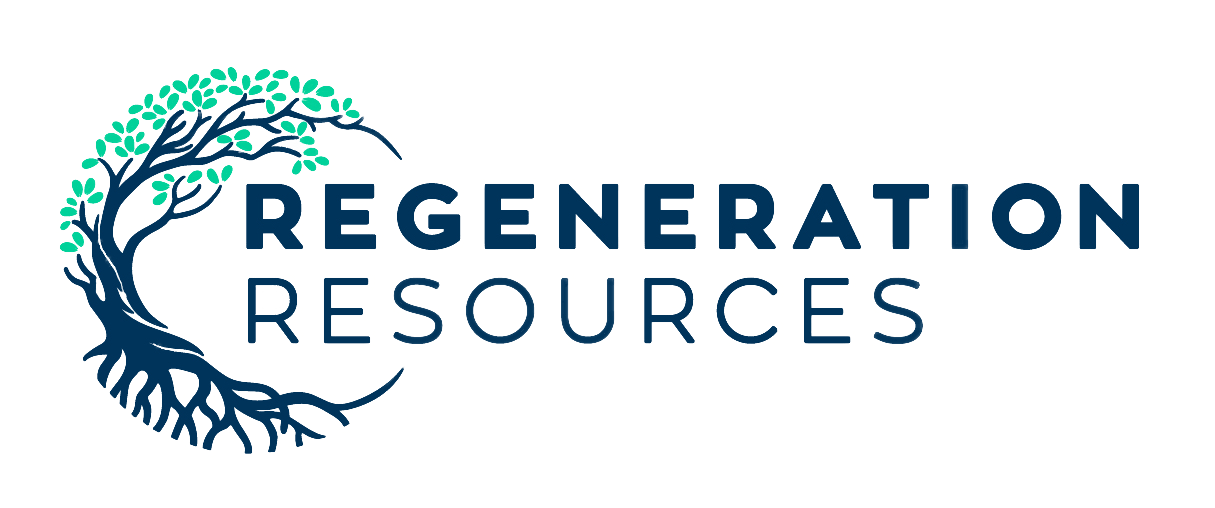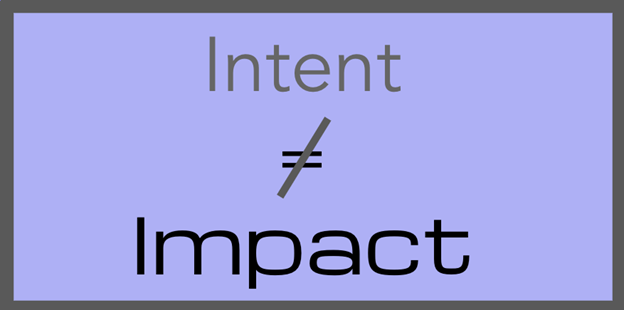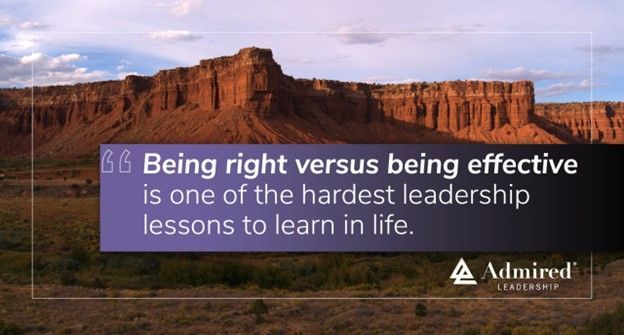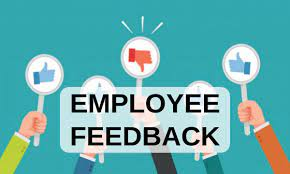How Not to Get Hooked in Diversity Conversations
How to Reframe Feedback to Avoid Defensiveness
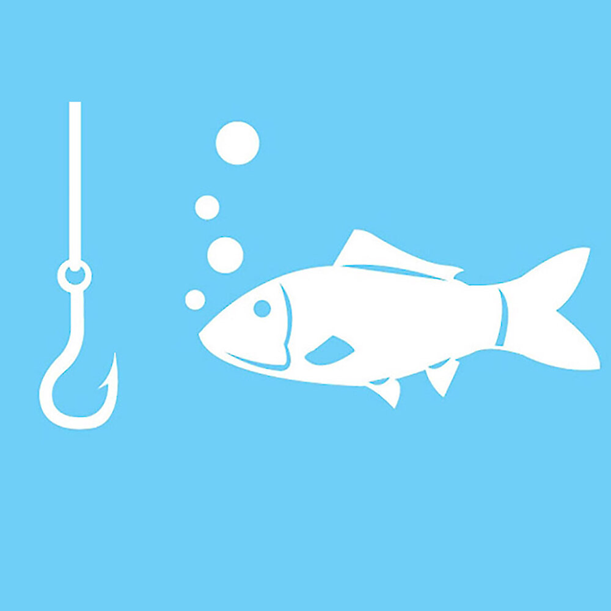
In my work with clients around diversity and creating a respectful workplace, we often discuss how everyone perceives reality differently. Things that are offensive to some people are not offensive to others. This is due to many factors, including different experiences, histories, and styles. New Englanders often describe themselves as having thick skin, with little upsetting them. People generally don’t have a hard time understanding that we are all different.
The challenge is applying it. We often think that 1) if something doesn’t impact or bother us, others should not care either, and 2) if something does impact us negatively, it is due to a character flaw in others as opposed to differences. A critical part of learning to have difficult conversations, especially around diversity issues, is to hold two different realities simultaneously. It is both true that I am not bothered with this thing happens and that you are bothered. This doesn’t mean that I am “uncaring” or “flawed,” nor does it mean that you are ”too sensitive” or “emotional.” It just means that we are different.
When people tell us that they are bothered or offended by something we did, we tend to hear it as “I did something wrong.” If we could hear it as “this person is different from me,” we might be able to respond more openly and less defensively. Usually, things don’t break down with the first act or words where one person offends the other. Conversations go south when people try to speak up, and the other party gets defensive and blame shifts (i.e., “you are too sensitive”). This is because when someone tells us they are hurt or offended by something, defensiveness feels dismissive--it communicates that we don’t care about hurting others.
The solution to diversity is not trying to please everyone or saying everything perfectly. This will never happen. The solution is to genuinely care when someone tells us we offended them and to thank them for letting us know. We can do this better when we hear this feedback as “we are different” instead of “I did something wrong.”
Every few months I produce a free newsletter. No Spam. Unsubscribe anytime.
For a taste, view the archives
SUBSCRIBE
Thank you for contacting us. We promise not to Spam you and we'll get back to you as soon as possible.
Please try again later.
Blogs and vlogs are sorted by topic at the bottom of each service page
STRATEGIC PLANNING
CHANGE MANAGEMENT
CONFLICT MANAGEMENT
TEAM BUILDING
ASSESSMENTS
EXECUTIVE COACHING
IMPROVING EFFICIENCY
BOARD DEVELOPMENT
See the world as you want it to be and learn how to make it that way.
802-251-0048
Brattleboro, VT 05301
QUICK LINKS
SERVICES
SUBSCRIBE
Thank you for contacting us. We promise not to Spam you and we'll get back to you as soon as possible.
Please try again later.
